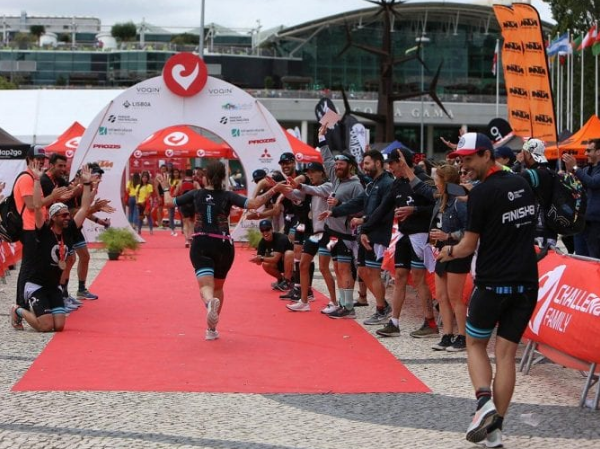Motivation is an internal state that activates, directs, and maintains behavior. It is a term that comes from the Latin “motivus” (cause of movement).
For Psychology, motivation implies internal states that direct the organism towards specific goals or ends. Encourage people to take certain actions and persist in achieving their goals.
In this article we want to show the bidirectional relationship that exists between motivation and behavior, and how the second depends largely on the first. After reading this post, you will understand much better how the worst athlete, whatever the discipline or whatever level you have, will be the one who practices this sport out of obligation, without a reason that encourages you to do so and encourages you to continue. day by day.
Importance of motivation for training
As we have already pointed out, behavior is always oriented towards some goal, that is, there is a purpose for all human behavior. Therefore, we can ensure that the behavior is motivated, whether by impulses, tendencies, needs or desires.
Relationship between Motivation and Behavior
Stimuli are those that, when they appear, generate a need for us (in the case of training or practicing a sport, it could be to be in shape, lose weight, recover from an injury or participate in a specific competition) . This need provokes in the person a state of tension, which produces an impulse that gives rise to a behavior or action (join the gym, start training alone or with a personal trainer, enroll in a test …). If we succeed in reaching the goal set, our body and mind will reach a state of satisfaction , returning the body to a state of balance.
But we must not forget the importance of rewards, since they increase the probability that, in the future, in the face of similar stimuli, the acquired responses will be repeated.
What is a reward for one person may not be a reward for another, or even considered useless. For example, a 5K race will probably be more motivating for someone who has never participated in any competition than for someone who has competed in several triathlons.
Also, the reward itself will not motivate the person unless they feel that the effort put into it will lead to that reward. This is illustrated quite well by a phrase that Dick Vermeil, a football coach who once said: “If you don’t put your best foot forward, then defeat hurts a lot and victory is not very exciting.”
Realistic goals
When we talk about goals and objectives, it is essential that they are realistic . Short-term achievements create long-term stimulus to move toward a more ambitious goal. If my goal is to get a good time in an Iroman having trained for a month, or lose 7 kilos in a week by going out for a couple of days and without taking care of the diet, the most likely thing is that I will not achieve it, and perhaps it will demotivate me . But if I set smaller goals, which week by week, and month by month, I achieve, my motivation will increase, and I will achieve my final goal.
On the other hand, you must never stop visualizing the goal you want to achieve, remember the reason why we started our challenge, what prompted us to fight for a certain dream, and go celebrating and recording each of the achievements and progress that we make on the climb to the top of the challenge set. The importance of motivation for training is crucial to achieve our goals and achievements.

The enemies of motivation
Frustration, monotony, fear of failure, fatigue, anger and rivalry, with the great enemies of motivation.
We can say that there are two types of motivation, mainly: the motivation to flee and escape from pain, and the motivation that directs us towards happiness and pleasure. The greater the second, and the further we see the first, the greater the total motivation.
